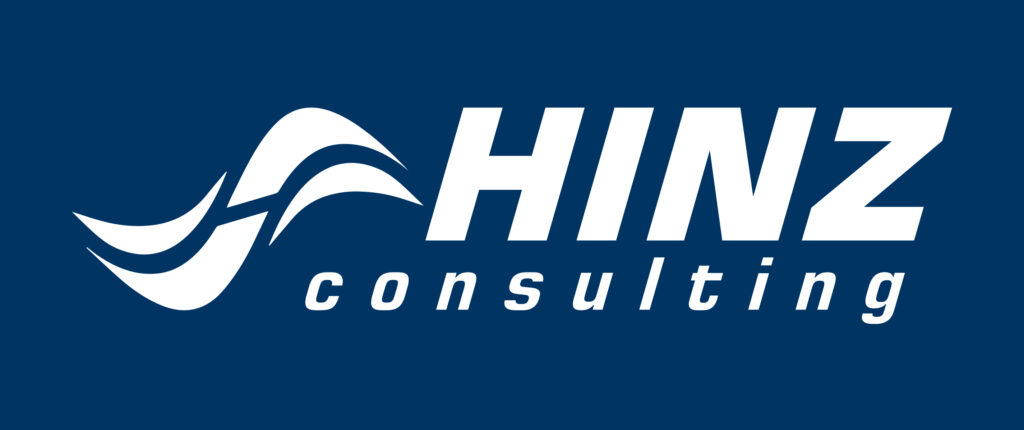Public compliance is a cornerstone of government contracting, ensuring that contractors adhere to legal, ethical, and regulatory standards. For government contractors, understanding and maintaining public compliance is not just about avoiding penalties but also about building trust, securing future contracts, and contributing to public accountability. This blog delves into the intricacies of public compliance, highlighting its importance, key areas of focus, and best practices for government contractors.
Understanding Public Compliance
Public compliance refers to the adherence to laws, regulations, and standards that govern government contracting and public sector activities. It encompasses a wide range of requirements, from financial reporting and ethical conduct to environmental standards and labor laws. For government contractors, compliance ensures that their operations are transparent, accountable, and aligned with public interest.
Key reasons for emphasizing public compliance include:
- Legal and Ethical Obligations: Ensuring that contractors meet their legal and ethical responsibilities, thereby fostering a culture of integrity and accountability.
- Risk Management: Reducing the risk of legal penalties, reputational damage, and financial losses associated with non-compliance.
- Contractual Requirements: Meeting the compliance requirements stipulated in government contracts, which is often a prerequisite for securing and retaining contracts.
Key Areas of Public Compliance
Government contractors must navigate various areas of compliance, each with its own set of regulations and standards. Some of the key areas include:
- Financial Compliance: Adhering to financial reporting standards, ensuring accurate and transparent financial records, and complying with tax regulations. This includes understanding the Cost Accounting Standards (CAS) and the Federal Acquisition Regulation (FAR) requirements.
- Labor and Employment Compliance: Ensuring compliance with labor laws, including fair labor standards, equal employment opportunities, workplace safety, and wage and hour regulations. Contractors must also adhere to specific requirements related to hiring veterans and individuals with disabilities.
- Environmental Compliance: Meeting environmental regulations and standards, such as those outlined by the Environmental Protection Agency (EPA). This includes managing hazardous materials, reducing environmental impact, and adhering to sustainability practices.
- Ethical Compliance: Upholding ethical standards, including conflict of interest rules, anti-bribery laws, and codes of conduct. This also involves implementing robust ethics programs and training for employees.
- Cybersecurity Compliance: Ensuring that contractors meet cybersecurity standards, such as those outlined in the Cybersecurity Maturity Model Certification (CMMC) for protecting sensitive government information.
Best Practices for Ensuring Public Compliance

Maintaining public compliance requires a proactive and systematic approach. Here are some best practices for government contractors:
- Establish a Compliance Program: Develop a comprehensive compliance program that includes policies, procedures, and controls to address all relevant areas of compliance. This program should be tailored to the specific needs and risks of the organization.
- Conduct Regular Training: Provide regular training for employees on compliance requirements, ethical conduct, and company policies. This helps to ensure that all employees understand their responsibilities and the importance of compliance.
- Perform Internal Audits: Conduct regular internal audits to assess compliance with legal and regulatory requirements. This helps to identify potential issues early and implement corrective actions.
- Maintain Accurate Records: Ensure that all records, including financial, employment, and environmental records, are accurate, up-to-date, and readily accessible. This supports transparency and accountability.
- Implement Whistleblower Policies: Establish clear policies and procedures for reporting compliance violations, including whistleblower protections. This encourages employees to report concerns without fear of retaliation.
- Stay Informed: Keep abreast of changes in laws, regulations, and standards that impact government contracting. This includes subscribing to relevant industry updates, attending training sessions, and participating in professional organizations.
Conclusion
Public compliance is a critical component of government contracting, encompassing a wide range of legal, ethical, and regulatory requirements. By understanding the key areas of compliance and implementing best practices, government contractors can navigate the complexities of public compliance, avoid potential pitfalls, and build a solid foundation for future success. Whether you are a seasoned contractor or new to government contracting, prioritizing public compliance is essential for achieving your business goals and contributing to public accountability. Contact us to learn more!


